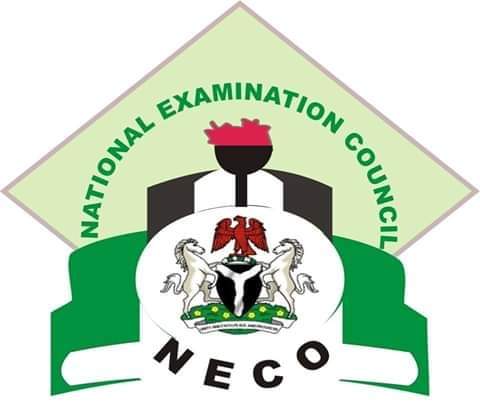•Acquires 8,000 biometric machines for exams
The National Examinations Council (NECO) has scrapped the use of scratch cards for the conduct of its Senior Secondary Certificate Examination (SSCE).
Instead, the board said it had procured 8,000 biometric machines for registration of candidates during the conduct of its examinations.
NECO’s Board Chairman, Dr. Abubakar Saddiq, stated this during the commissioning of the equipment and unveiling of 20 Toyota Hilux Vans purchased by the agency, in Minna on Friday.
He said the biometric machines would help to tackle the challenges of impersonation experienced in the conduct of its examinations.
Saddiq said: “In the last people have to buy scratch cards in order to register for NECO examination. That is out. No more scratch cards. People (will) register online and they (will) be given a code and they will go ahead to register.
“As they register, their biometrics are captured. Every school is on a particular biometric data capturing machine. Every data is captured on that small machine.
“It is impossible for anybody to impersonate a candidate during our exams because the captured data is on our platform.”
NECO’s Acting Registrar, Mr Abubakar Gana, said that the equipment were procured to enhance operations in the areas of logistics and overall security of its examination.
According to him, NECO had been making use of scratch cards to register over 51,000 candidates for each of its examinations in the past which had not enabled the agency to curb malpractices.
According to him, the 8,000 biometrics machine cost the council N500 million while the 20 Toyota Hilux gulped N327, 800,000.
“Each of the vehicles cost N16, 390,000 while a unit of the biometric capture machine was bought at N62, 500,” he said.
Gana also noted that about N2 billion was generated through the sale of scratch cards to candidates and as such, returned same to the Treasury Single Account of the Federal Government.
“The last time the council bought vehicles was in 2013; we have also bought 8,000 units of biometric capture machines, which can verify the identity of candidates, as well as record attendance.
“In the last year, we were able to save money.
“The essence of the biometric is to deal with impersonation to help sanitise the system thereby having quality standards.
“We have been able to utilise our scarce resources and save more to be able to procure the necessary equipment for our operations,” he said.
This is the first time NECO would be deploying biometrics for the conduct of its Senior Secondary Certificate Examination.









